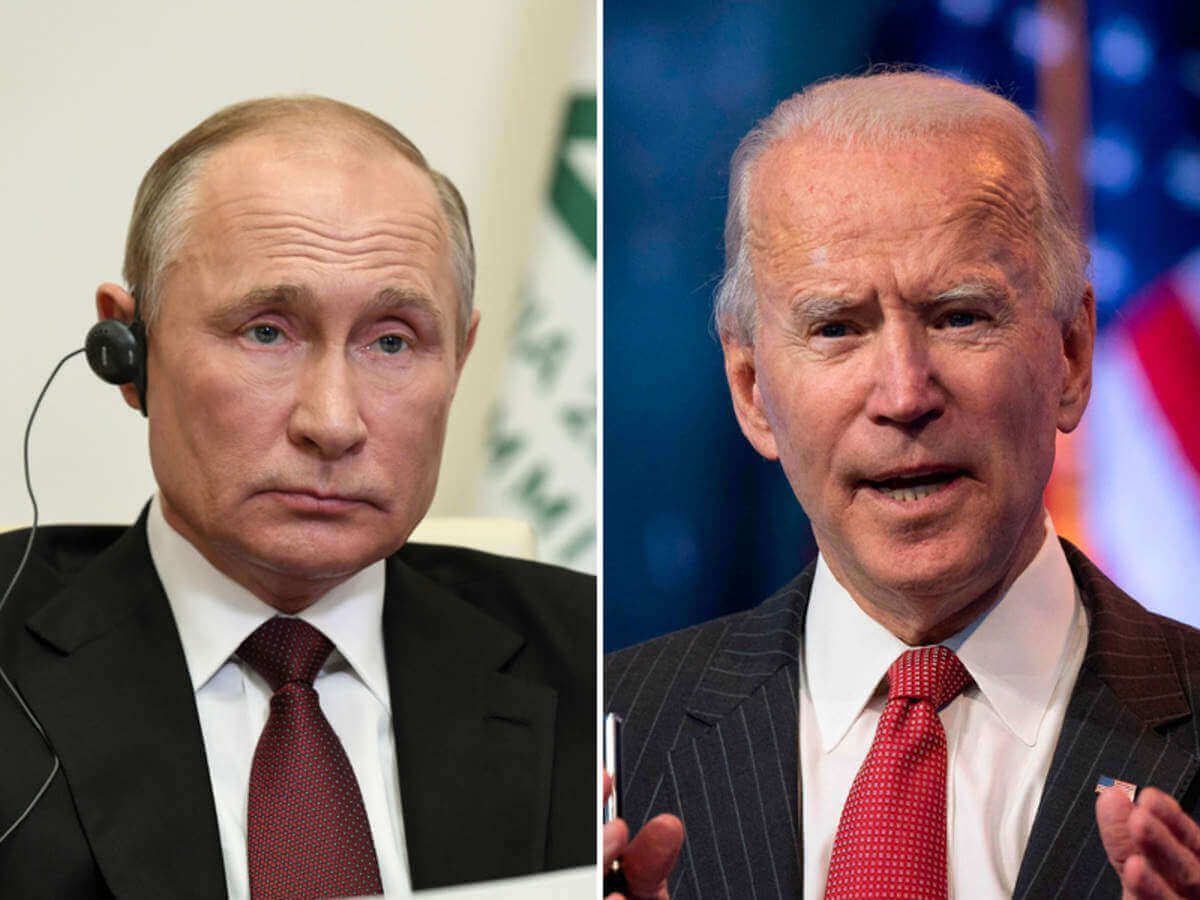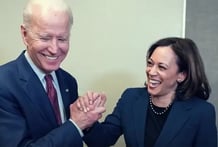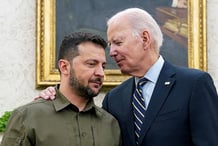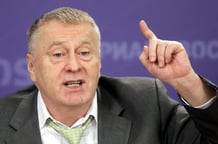America is an “unfriendly state” and therefore the US Embassy in Moscow is bent into a ram’s horn. But, from the point of view of official Moscow, this is in no way an obstacle to the meeting between Putin and Biden this summer. As stated in the Kremlin, such a rendezvous could take place as early as June. Where is the logic? The logic in the well-known proverb: “Pans fight, but slaves crack their forelocks.” Replace the word “slave” in this proverb with the word “diplomat” (may the representatives of this profession forgive me) – and you will receive a comprehensive description of the current moment in Russian-American relations.
After becoming prime minister against the backdrop of the collapse of his country’s state structures in May 1958, Charles de Gaulle soon flew to Algeria, then a French colony, and uttered the instantly famous phrase at a grand rally of French settlers: “I understand you!”
No one then managed to realize what de Gaulle understood: having received a loan of support from these very French settlers, the general quickly came to the conclusion that it would not be possible to keep Algeria, and took a course towards granting it independence. But all this happened later, and at the time of the rally on June 4, 1958, hearing the solemn words of the new “saviour of the nation”, the crowd of French colonists roared with delight.
Delight and solemn rallies are not what is now characteristic of Russian-American relations. But the words “I understood you” nevertheless sounded – either from the lips of Putin during his recent telephone conversation with Biden, or at least in the head of the President of the Russian Federation. Biden’s strange and seemingly contradictory actions towards Moscow – first a phone call to Putin and an offer to meet, then the imposition of sanctions and immediately after that a call for “de-escalation” with Russia – may seem completely illogical. But the Kremlin’s behaviour suggests that it, at least for the moment, understands and accepts the “illogical logic” within which the American president operates.
Russia’s response to recent US sanctions has been very tough in form, but very soft in essence. I am sure that the American diplomats in Moscow and especially the staff members of the US mission in our capital who have lost their jobs from among Russian citizens will strongly disagree with me. But, forgive me my cynicism, what significance does their fate have in the general context of Russian-American relations? In this context, these people are pawns, which they easily sacrificed in order to preserve the freedom of manoeuvre for both “geopolitical chess players”.
The Kremlin’s inherently symbolic response to Washington’s actions indicates that Putin heard and accepted Biden’s proposal to de-escalate relations. This, of course, does not mean that the GDP will necessarily agree with the American terms of such a de-escalation. Only one thing follows from this: the President of the Russian Federation considers his direct dialogue with Biden to be more important and useful than the opportunity to proudly stand in a pose. As I believe, no one in Moscow has any illusions about the US President’s good feelings and intentions towards Russia. But, as the famous saying from the treatise of the great Chinese ancient strategist Sun Tzu “The Art of War” says: “Keep your friends close to you, and your enemies even closer.”
By the way, in time I remembered the Chinese. Here is a fresh news feed about a statement from a Chinese Foreign Ministry spokesman: “We are strongly opposed to the use of unilateral sanctions. China and Russia maintain a comprehensive partnership with each other. In matters of protecting state sovereignty, the PRC and Russia will support each other. ” Thank you, of course, Chinese friends, for your kind words! But to say is not to do. Until very recently, China was not particularly eager to help Moscow fight US sanctions. Perhaps, now that the second American president in a row has shown his willingness to continue to press hard on Beijing, the real Chinese position will change somewhat. But, even if this is so, it should not be perceived by us as an excuse to abandon contacts with Washington. The Chinese, of course, would be happy if Russia did that. But such a step by Moscow would be in their interests – not ours.
Maintaining the channels of communication between the leaders of the Russian Federation and the United States in an open and efficient state – this in itself should be considered the first important and useful result of the future rendezvous of Putin and Biden. Should we expect anything more from this rendezvous? Only if this “something more” consists in a clearer understanding of the specific intentions of the US President.
Biden announced his desire to “de-escalate” with Moscow. But what exactly does he mean by this concept? Unlike his predecessor, who had zero freedom of manoeuvre in the Russian direction, Biden’s situation is now much more favourable with this. How does he intend to use it – if at all? What can and is he ready to offer us and what does he want in return? The answers to all these questions are best for Putin to hear from Biden himself. This is the main and so far the only meaning of the upcoming Russian-American summit.














